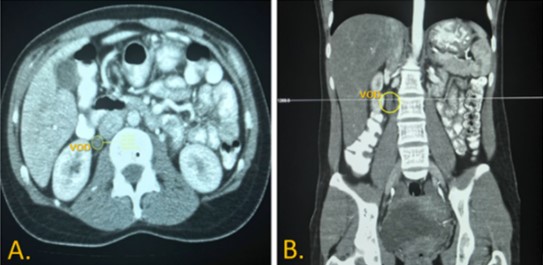Resumen
La resistencia antibiótica es un gran problema de salud pública a nivel mundial, debido a que aumenta la morbimortalidad por un gran número de patologías, es el responsable de 700.000 muertes por año, y que se estima que para el año 2050 puede alcanzar cifras de hasta 10 millones de muertes por año, llegando a ser la primera causa de mortalidad por encima de las enfermedades cardiovasculares y el cáncer. Este panorama desalentador ha impulsado la investigación de nuevos antimicrobianos, algunos de los cuales, como ceftazidima-avibactam (CAZ-AVI), ya han sido introducidos en la práctica clínica. CAZ-AVI es una combinación de una cefalosporina de tercera generación y un nuevo inhibidor de β-lactamasa activo contra bacterias gram-negativas multidrogorresistentes (MDR) que, por su gran eficacia y baja incidencia de efectos adversos, ha sido aprobada para el tratamiento de infecciones complicadas del tracto urinario, infecciones intraabdominales complicadas y neumonía asociadas al ventilador. Se realizó una revisión narrativa de la literatura abarcando los principales tópicos relacionados con este antimicrobiano, asi como lo reportado en hasta el momento en nuestro país

Esta obra está bajo una licencia internacional Creative Commons Atribución 4.0.
Derechos de autor 2021 Arsanios Daniel, Natalia Muñoz Angulo


